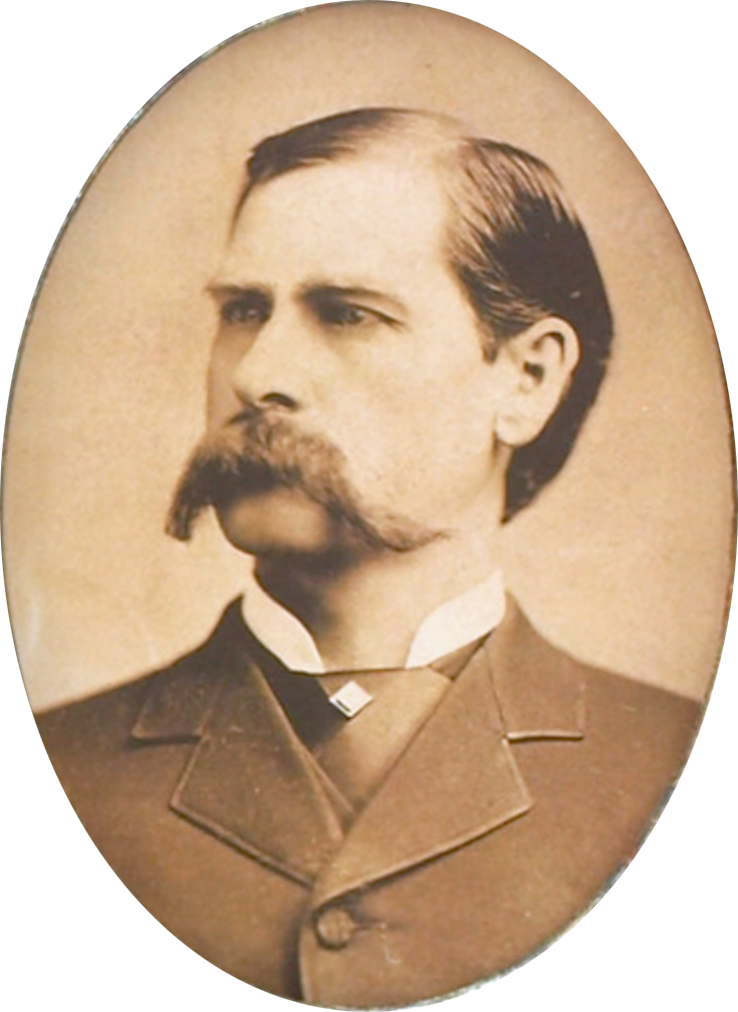Gun Control as American as Apple Pie
Early gun control proponents included Wyatt Earp
The modern history of gun control in the country may interest some political observers of the debate unfolding every time a mass shooting happens. It has some fascinating parts and recognizable figures.
Wyatt Earp was one of several lawmen in the Wild West who enforced laws that required visitors to places like Dodge City and Tombstone to turn in their guns at a designated hotel or at the police station. Crime dropped as a result of those laws and most of the officers instead focused on rounding up intoxicated cowboys. Earp supported gun control.
William Gaynor, the mayor of New York City, was assassinated in 1911. His death prompted the first modern call for gun regulation in America. It led to the passage of the Sullivan Act, which is New York City's concealed carry law. It required people to have licenses to carry firearms. The Supreme Court said in April that it would grant certiorari to review the constitutionality of the law.
Anton Cermak, the Chicago Mayor in 1933, rode in a vehicle with Franklin Roosevelt when he was shot by Giuseppe Zangara, who wanted to kill the new president. The assassination attempt led to calls for more gun controls, with The Literary Digest writing, "It also fans the flame the burning question of whether this country, with its extravagant and welling murder toll, will continue to tolerate the casual sale of deadly weapons to all comers."
The 1930s were rife with gangsters firing Tommy Guns. Among them was John Dillinger, photographed here, and Bonnie and Clyde. In 1934, President Franklin Delano Roosevelt proposed the National Firearms Act of 1934, which taxed the owner of the weapon an exorbitant fee. Sales of the weapon virtually ceased, according to a history compiled by the Washington Post. It was an early effort to prevent guns from falling into the hands of dangerous people. The NRA gave limited support to the bill's passage.
After his brother died and a year before his death, Sen. Robert F. Kennedy appeared before a Senate subcommittee and pleaded for gun regulation
"We have a responsibility to the victims of crime and violence, a responsibility to think of the tragedy of sudden death,” Kennedy said. “It is a responsibility to put away childish things--to make the possession and use of firearms a matter undertaken only by serious people who will use them with the restrain and maturity that their dangerous nature deserves--and demands.
"The time for enactment of legislation is now. It would save hundreds of lives in this country and spare thousands of families the grief and heartbreak that may come from the loss of a husband, a son, a brother or a friend. It is past time that we wipe the stain of violence from our land."
Gun rights activists and gun control efforts have often protected the rights of white people to own a weapon while denying that right to Black people. In 1967, the Black Panthers carried 12-gauge shotguns and 45-caliber pistols to the California State Capitol. Bobby Seale demanded that American and California lawmakers permit Black people to be armed. In response, the legislature passed the Mulford Act that repealed a law permitting people to publicly carry loaded firearms. Gov. Ronald Reagan, who later became a gun-rights supporter, signed the bill and said, “There’s no reason why on the street today a citizen should be carrying loaded weapons.”
Earlier forms of gun control efforts focused on curtailing access to handguns, particularly those which were smaller and easier to conceal. Known as "Saturday Night Specials," criminals placed them in their pockets while sneaking up on people to commit rape, burglary or other forms of assault. With the crime wave at its peak in the 1980s, some argued for more handguns for law-abiding citizens to protect themselves while others said less handguns among criminals would reduce the number of victims.
Sources:
Bakal, Carl. The Right to Bear Arms. MacGraw-Hill Book Company, New York. 1966.
Kukla, Robert. Gun Control. Stackpole Books: Harrisburg. 1974.

